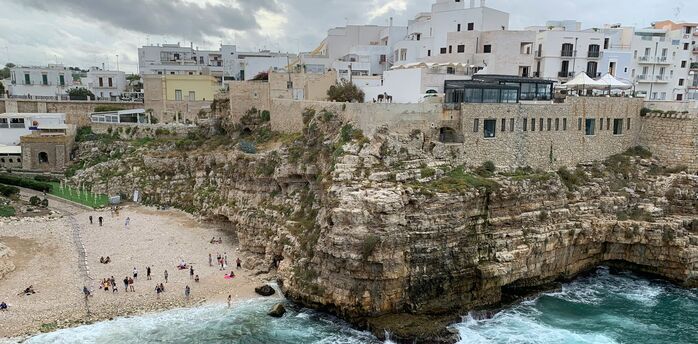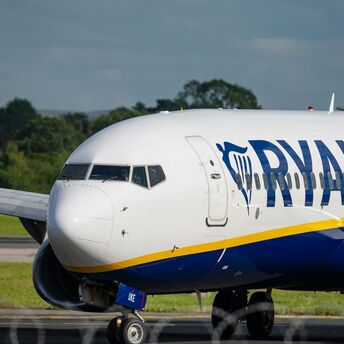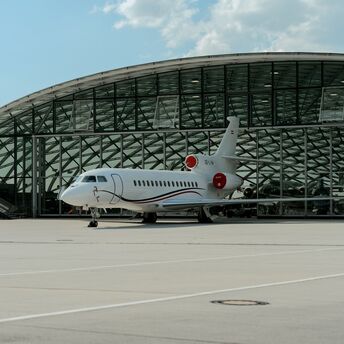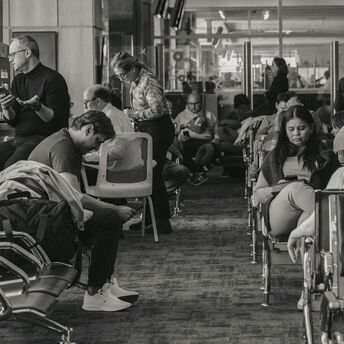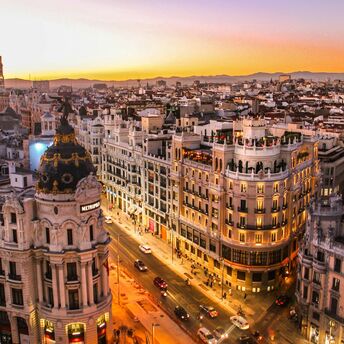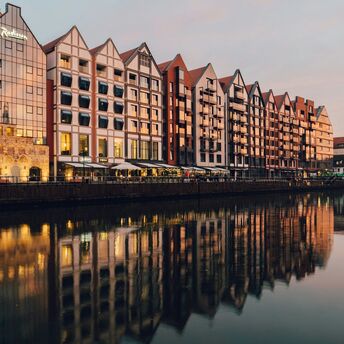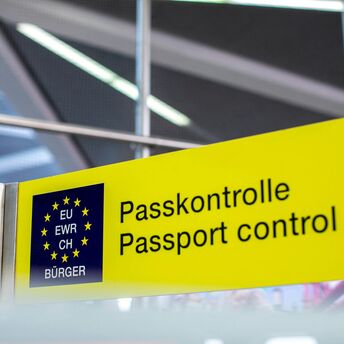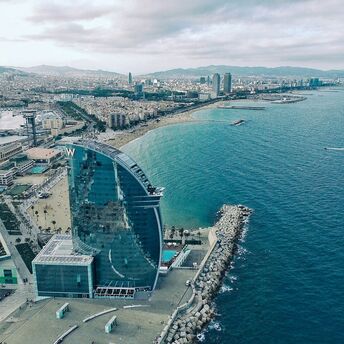New Ways to Live and Work Across Europe as Travel and Remote Work Combine

With laptops replacing office desks and homes becoming anywhere with Wi-Fi, some European countries are rethinking their rules to welcome people who bring their jobs with them across borders. This change is shaking up travel by turning regular destinations into places where people can live for a while, stay connected, and really get to know local life while they work. Countries such as Italy, Croatia, Germany, and Finland are coming up with new rules and real-world fixes to help people stay longer. They’re helping people keep up with their jobs while living in places that feel stable for working and full of interesting things to explore after closing the laptop.
Italy jumped into the remote work game in April 2024 by launching a new visa that lets people stay longer, work legally, and settle into everyday life without worrying about breaking the rules. For remote workers from outside the EU, this visa makes it possible to live in Italy legally while keeping their usual job routines uninterrupted. Southern Italy draws people in with its sunshine that stretches for months and rental prices that can start around €300 a month in quieter towns where life moves at a slower, more relaxed pace. Finland is quietly making a name for itself among remote workers. Smaller towns like Turku, Vaasa, and Porvoo offer peaceful surroundings, easy access to nature, and places to stay for a few weeks or months, making them a great fit for people who want to focus during the day and unwind in the wild after work.

Croatia’s buzzing cities like Zagreb, Split, and Dubrovnik have turned into hotspots where finding a short-term place to live, a desk to work from, and a café that won’t mind your laptop is surprisingly easy. Finding a place to stay for a few weeks or months in the heart of the city isn’t a hassle anymore, and internet connections are getting more reliable. Berlin has built a name for itself among remote workers as a creative playground filled with unique workspaces and relaxed spots where meeting new people, sharing thoughts, and building global friendships happens almost naturally. In these cities, you get more than just a place to open your laptop and type away. They mix order and energy in a way that makes it easy to stay focused and feel part of the local scene at the same time.
Remote professionals benefit from more than just workspace. These destinations offer downtime activities, from hiking trails and lakes in Finland to coastal views and historic towns in Croatia. Workdays can end with beach walks, forest saunas, or local festivals. In many locations, off-season travel means less crowding and lower costs, allowing travelers to blend professional life with restorative experiences that would be hard to achieve during a short vacation.

Now that more countries are ready for remote workers, going abroad isn’t just about taking a quick trip. It’s becoming a chance to settle in, stay connected, and keep up with work while really living in a new place. Thanks to these changes, people can spend more time in one place, get to know the local way of life better, and still stick to their usual work schedule without missing a beat. This approach not only enhances quality of life while traveling, but also reshapes how people plan, experience, and value their time in Europe.


